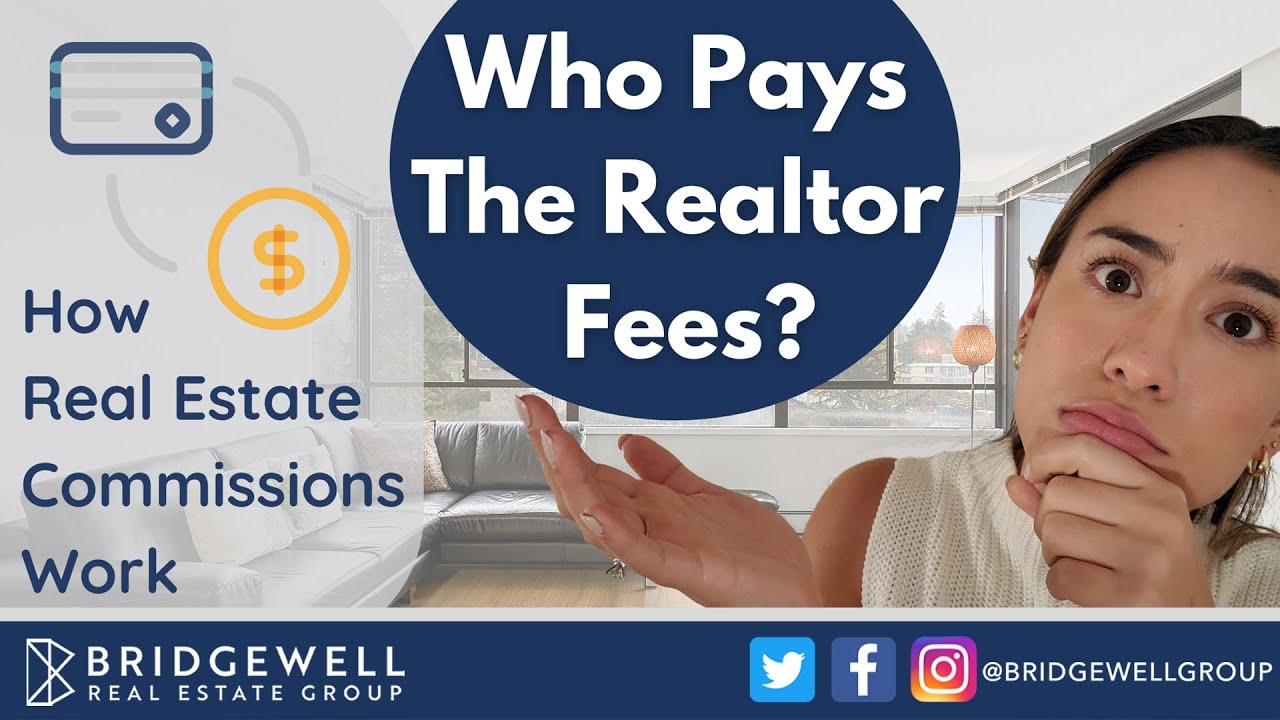
It is important to fully understand the process of buying rental property. Learn about the pros and disadvantages of renting out properties and get a broad view of the entire process. Think about who will live there, when it will become vacant, and why it is important to you.
Rent to own
Rent to own rental property allows you to purchase a single family home without having to make a full payment. It is a great way to improve your credit score and save for a downpayment. It also helps you avoid private mortgage coverage.

Hard money loans
Hard money loans for rental property are loans that are based more on the asset's value than the borrower’s credit history. This means that lenders look at both the property's current value and the value after repairs. This means that rental property loans from hard money lenders can often have higher interest rates than other forms.
Owner-occupancy loans
Owner-occupancy loans to buy rental properties are a great way to diversify your investment portfolio and generate rental income. Due to the possibility of investors defaulting on the loan, these loans have a higher interest rate and require a greater down payment. However, these more restrictive terms are beneficial to real estate investors, since they will be able to fully expense interest payments as a tax deduction.
1031 exchanges
You might be interested in 1031 exchanges for rental properties. It's a great way of increasing your portfolio. It is important to quickly find a substitute property. This means you need to find the replacement property in less than 45 days. You also must close on the deal within 180 days. A smart property-finder tool is able to simplify the process. There are many rules you must follow.
Buying a single-family home for rental purposes
Buying a single-family home for residential rental purposes has a number of benefits over multi-family properties. Single-family homes have more space in the interior and exterior. This makes them more appealing to tenants who have families and/or pets. Single-family homes often have off-street parking and fenced yards which can make them more attractive to tenants. A benefit of single-family houses is their affordability.

Budgeting for the entire process
Before budgeting for purchasing rental property, it is important to know how much you can afford each month. This number should be based upon your monthly income, expenses, and the costs associated to owning and maintaining rental property. Next, determine how much of this amount will be used to pay monthly rent and expenses. It is important that you don't overspend, and you need to get used to living from your savings.
FAQ
Is it better for me to rent or buy?
Renting is generally less expensive than buying a home. But, it's important to understand that you'll have to pay for additional expenses like utilities, repairs, and maintenance. The benefits of buying a house are not only obvious but also numerous. You'll have greater control over your living environment.
How long does it usually take to get your mortgage approved?
It depends on several factors such as credit score, income level, type of loan, etc. It generally takes about 30 days to get your mortgage approved.
What can I do to fix my roof?
Roofs can leak because of wear and tear, poor maintenance, or weather problems. Minor repairs and replacements can be done by roofing contractors. For more information, please contact us.
Do I need flood insurance
Flood Insurance protects from flood-related damage. Flood insurance protects your possessions and your mortgage payments. Find out more information on flood insurance.
What should you look out for when investing in real-estate?
The first step is to make sure you have enough money to buy real estate. If you don’t save enough money, you will have to borrow money at a bank. Aside from making sure that you aren't in debt, it is also important to know that defaulting on a loan will result in you not being able to repay the amount you borrowed.
You should also know how much you are allowed to spend each month on investment properties. This amount should cover all costs associated with the property, such as mortgage payments and insurance.
Also, make sure that you have a safe area to invest in property. It is best to live elsewhere while you look at properties.
Statistics
- 10 years ago, homeownership was nearly 70%. (fortunebuilders.com)
- Over the past year, mortgage rates have hovered between 3.9 and 4.5 percent—a less significant increase. (fortunebuilders.com)
- The FHA sets its desirable debt-to-income ratio at 43%. (fortunebuilders.com)
- It's possible to get approved for an FHA loan with a credit score as low as 580 and a down payment of 3.5% or a credit score as low as 500 and a 10% down payment.5 Specialty mortgage loans are loans that don't fit into the conventional or FHA loan categories. (investopedia.com)
- Based on your credit scores and other financial details, your lender offers you a 3.5% interest rate on loan. (investopedia.com)
External Links
How To
How to become a broker of real estate
To become a real estate agent, the first step is to take an introductory class. Here you will learn everything about the industry.
Next, pass a qualifying test that will assess your knowledge of the subject. This involves studying for at least 2 hours per day over a period of 3 months.
Once this is complete, you are ready to take the final exam. In order to become a real estate agent, your score must be at least 80%.
If you pass all these exams, then you are now qualified to start working as a real estate agent!